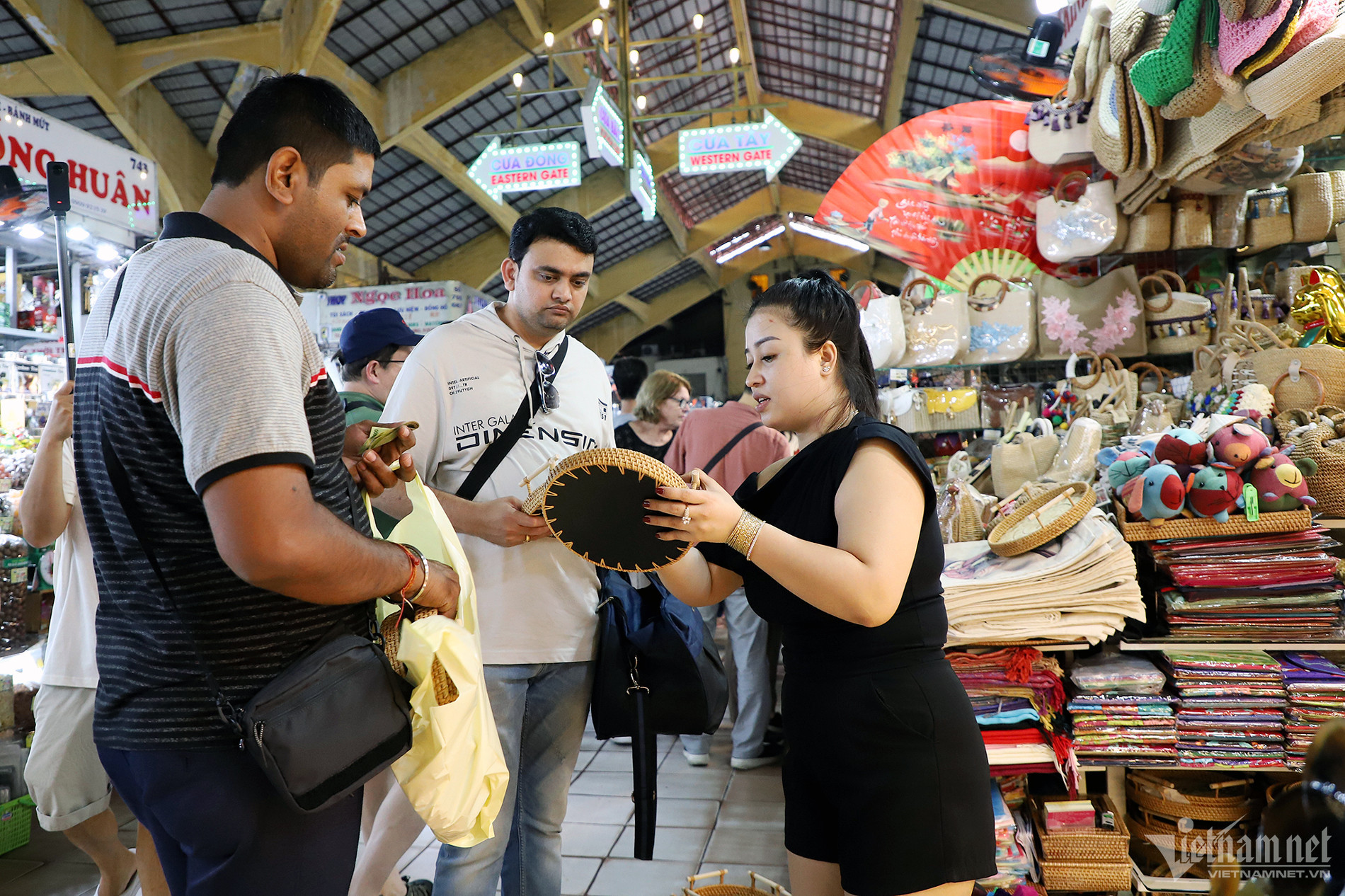
Soon after the Tet holiday ended, Prime Minister Pham Minh Chinh, in his Directive 08 dated February 23, 2024 on sustainable tourism development, emphasized the need to amend the visa policy, and consider a visa waiver for more countries.
Hoang Nhan Chinh, chief secretariat of the Tourism Advisory Board (TAB), said the visa waiver is applied by many countries in the region.
Thailand, for example, is applying the policy to citizens from 76 countries, Malaysia 156, Singapore 162, and the Philippines 157. Meanwhile, Vietnam offers visa waiver to only 25 countries.
Analysts note that Thailand takes the most flexible policies related to visa granting.
On February 29 the Thai visa waiver for Chinese travelers expired (the policy was applied for five months, since September 25, 2023). However, in the latest move, Thailand and China have cooperated by offering permanent visa waivers to the citizens of both countries, commencing from March.
All travelers of both countries will be able to enter and stay for up to 30 days without a visa.
The visa waiver has made a great contribution to Thailand’s efforts to lure foreign travelers. The country received 28 million foreign travelers in 2023, or 3 million higher than the targeted level, and earned revenue of $35 billion.
Besides China, three other names have been added to the list of countries subject to Thailand’s visa waiver policy, including India, Taiwan and Kazakhstan.
Thailand is considering extending the maximum stay from 30 days to 90 days to travelers from 50 countries which are enjoying the visa waiver.
Thailand is also applying visa waivers to all 27 EU countries, the US and Australia, large markets with high-spending travelers.
In Vietnam, the new policy on visas and e-visas which took effect on August 15, 2023 has helped increase the number of foreign travelers in 2023 to 12.6 million.
In January 2024 alone, the figure was 1.5 million, the highest ever level.
However, Chinh stressed that problems in visa policy still exist. Foreign travelers, in order to obtain e-visas, still have to spend time accessing a website and providing personal information, and waiting for approval. Strict requirements and the long time needed to apply for visas may discourage travelers.
“A better visa waiver policy will help open the door widely to international tourists,” Chinh said.
A survey on the impact of the visa waiver policy found that the number of travelers from the UK, France, Germany, Spain and Italy has increased by 20 percent.
High-spending travelers
Vietravel Holding President Nguyen Quoc Ky believes that Vietnam needs to consider visa waivers for more countries, especially markets such as Australia which spends $4 billion each year on travel, Canada ($33 billion), the Netherlands, Switzerland and Belgium ($21-26 billion).
Other travel firms said they hope tourists from Switzerland, Belgium and Luxembourg would also enjoy visa waiver when traveling to Vietnam.
Lux Group president Pham Ha has urged the government to consider visa waivers for travelers from the US, Australia and New Zealand, and to European citizens, thus attracting more high-spending travelers.
The government’s Resolution No 82 stipulates that the Ministry of Foreign Affairs and relevant ministries and branches will work on the expansion of the list of countries for visa waivers.
TAB said agencies need to consider certain criteria when expanding the list.
First, they need to focus on countries which have many travelers to Vietnam and have growth potential; countries with high-spending travelers; and countries belonging to the EU and other blocks of countries.
Experts have drawn up a list of 33 countries for consideration, including the remaining 20 EU countries and 13 other countries.
In addition, Vietnam needs to consider four markets with great potential, namely China, Taiwan, Hong Kong and India.
Ngoc Ha